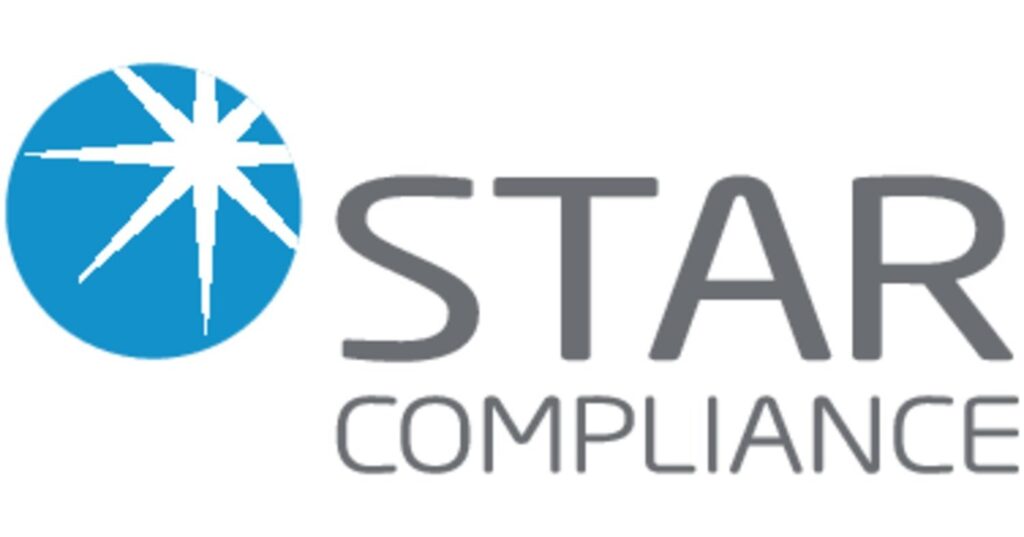In the fast-paced world of marketing and compliance, businesses face increasing pressures to adhere to regulations while striving to create compelling content. As organizations navigate the complexities of compliance, finding the right AI or automation tools becomes essential for small to medium-sized businesses (SMBs). This analysis compares two popular AI solutions: StarCompliance’s AI-Assisted Marketing Compliance Review tool and another contender, Proofpoint, focusing on their features, pricing, integrations, and overall suitability for SMBs.
StarCompliance is particularly noteworthy for its dedicated approach to regulatory compliance in marketing. The AI-Assisted Marketing Compliance Review tool automates the review process, significantly reducing bottlenecks. It employs advanced algorithms to flag unsubstantiated claims while suggesting firm-approved disclosures directly from a curated library. This streamlined approach allows teams to create compliant marketing materials rapidly. Additionally, the platform supports multiple file formats, including PowerPoint and PDF, making it versatile for any marketing team.
Conversely, Proofpoint offers a broader suite of solutions that encompass not just compliance but also cybersecurity and data protection. Proofpoint’s focus is on the security of communications and ensuring that external exchanges meet compliance standards. While it provides some automated features for marketing compliance, its primary strength lies in its capability to manage email threats and safeguard sensitive communications.
Considering the core features of each tool, StarCompliance excels in specified marketing compliance needs. Its AI-assisted reviews integrate intelligent workflows that are essential for firms regularly updating content. On the other hand, Proofpoint’s broader functionality can be beneficial for SMBs that also prioritize cybersecurity alongside compliance.
When it comes to reliability, both platforms have established a strong reputation in their respective markets. StarCompliance has positioned itself as a niche leader in employee compliance, while Proofpoint is regarded as a reliable choice among larger corporations. However, SMBs may find Proofpoint’s comprehensive nature overwhelming if their primary focus is marketing compliance.
Pricing is another critical aspect of decision-making. StarCompliance offers flexible pricing models tailored to the needs of different organizations, making it accessible for SMBs. In contrast, Proofpoint’s pricing tends to align more with larger businesses, which might be a barrier for smaller operations. As small businesses often operate on tighter budgets, cost considerations will significantly impact their choice.
Integration capabilities offer another point of differentiation. StarCompliance easily integrates into existing marketing systems, allowing for seamless transitions and minimal disruptions. In contrast, Proofpoint may require additional configuration to fit into the specific workflows of smaller businesses, sometimes leading to longer implementation times.
Support is integral to successful deployment and ongoing use. StarCompliance prides itself on user-friendly tutorials and a responsive customer service team, making it easier for businesses to troubleshoot issues quickly. Proofpoint, while comprehensive, may not provide the same level of immediate support for smaller users, as its focus is primarily on enterprise-level solutions.
In real-world scenarios, an SMB focused solely on regulatory compliance can benefit significantly from StarCompliance. If a marketing team must quickly approve and disseminate promotional materials while adhering to FINRA and SEC guidelines, the AI-Assisted Marketing Compliance Review becomes invaluable. In contrast, if a business is also concerned with data breaches or email security risks, it may benefit from implementing Proofpoint, ensuring that all bases are covered.
Migrating from traditional compliance processes to either of these AI-driven solutions involves several steps. First, businesses should assess their current workflows to identify pain points. Next, they can initiate a low-risk pilot program with a selected tool, perhaps using it for a specific campaign or set of marketing materials. This allows teams to evaluate the efficacy and ease of use before fully committing. Training sessions should then be scheduled to ensure all team members understand how to maximize the tool’s capabilities.
The total cost of ownership should also factor into the decision-making process. For instance, while StarCompliance’s upfront costs may initially seem more manageable, businesses must consider the long-term impacts of compliance penalties for non-adherence that could occur without proper tools in place. Over a three- to six-month period, companies can expect a positive return on their investment due to increased efficiency and reduced compliance risks. The reduction in review times would allow for faster go-to-market strategies, which, in turn, could translate into revenue growth.
FlowMind AI Insight: As businesses seek to leverage technology for regulatory compliance, selecting the right AI tool is critical. StarCompliance stands out for its dedicated focus on marketing compliance, particularly for SMBs prioritizing speed and accuracy. Meanwhile, Proofpoint serves those requiring a comprehensive cybersecurity and compliance solution. As the landscape of tools expands, a careful evaluation against specific business needs ensures that companies invest wisely in technology that not only meets compliance requirements but actively supports growth objectives.
Original article: Read here
2025-05-13 07:00:00

